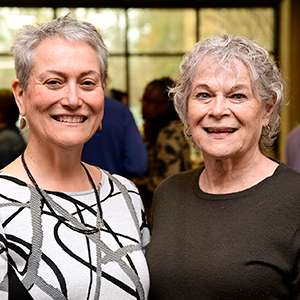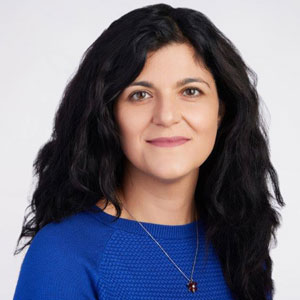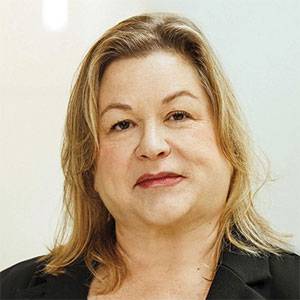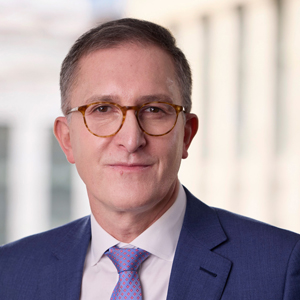NIEHS Director Rick Woychik, Ph.D., and other institute leaders traveled to India in January to build collaborations with researchers there who are working to combat the health effects of environmental exposures, such as poor air quality.
During the two-week trip, Woychik and the NIEHS team attended the Indo-U.S. workshop focused on environmental public health as part of the joint activities under an NIEHS and Indian Council of Scientific and Industrial Research (CSIR) Memorandum of Understanding. Woychik and Sri Nadadur, Ph.D., who leads the Exposure, Response, and Technology Branch, gave talks at Amity University in Noida, Ashoka University in Haryana, and the Centre for Chronic Disease Control (CCDC), New Delhi.
“There is a lot of interest and excitement about exploring the possibility of working collaboratively with scientists in the United States, especially in the areas of exposomics and studying the health effects of climate change,” Woychik said. “It will be very useful to think about pulling together research collaborations that can generate data to document the harmful effects of air pollution and other hazardous environmental exposures that can inform policymakers in the future."
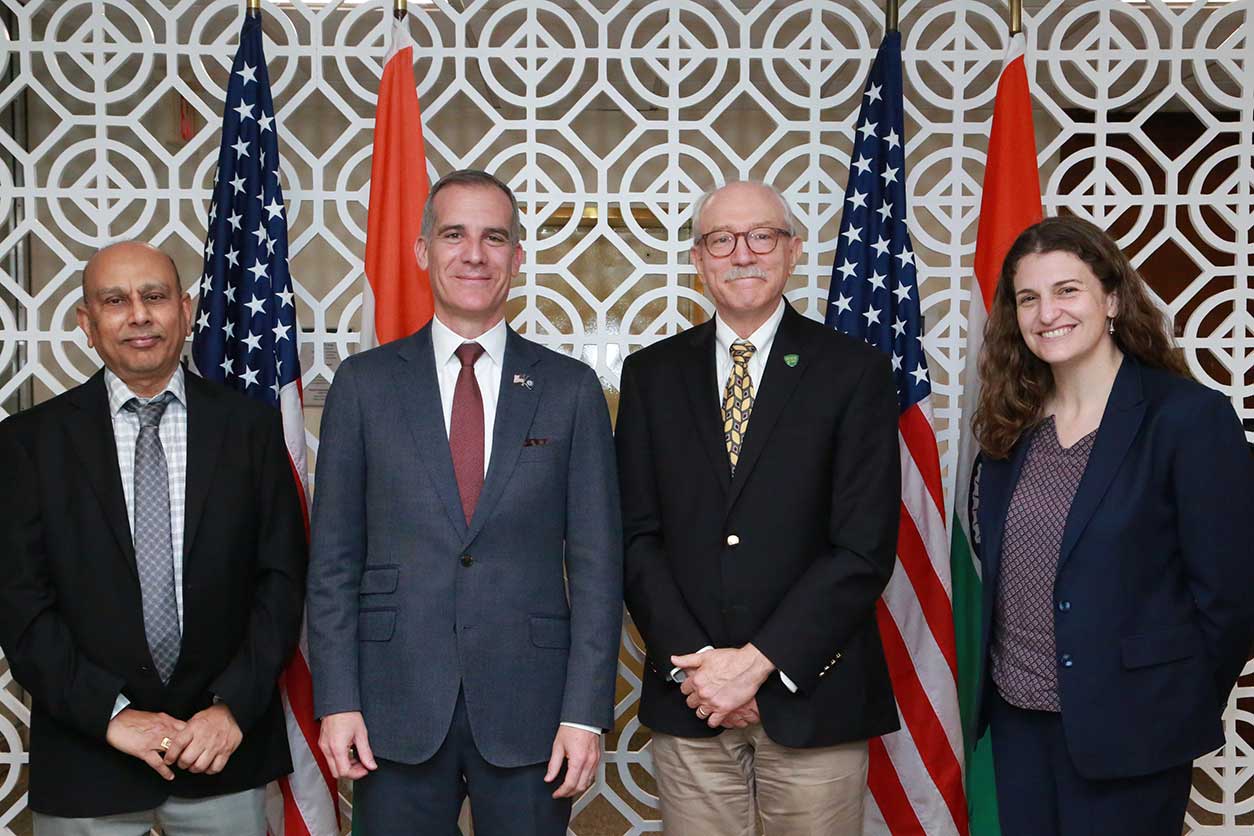
Spreading the word about exposomics
Woychik and Nadadur, along with David Balshaw, Ph.D., who directs the Division of Extramural Research and Training, participated in a three-day workshop exploring emerging environmental health challenges from the genetic, epigenetic, and exposome perspectives.
The exposome, which is the research framework for integrating the totality of the environmental exposures over the life course, was a new concept to many in attendance at the meeting.
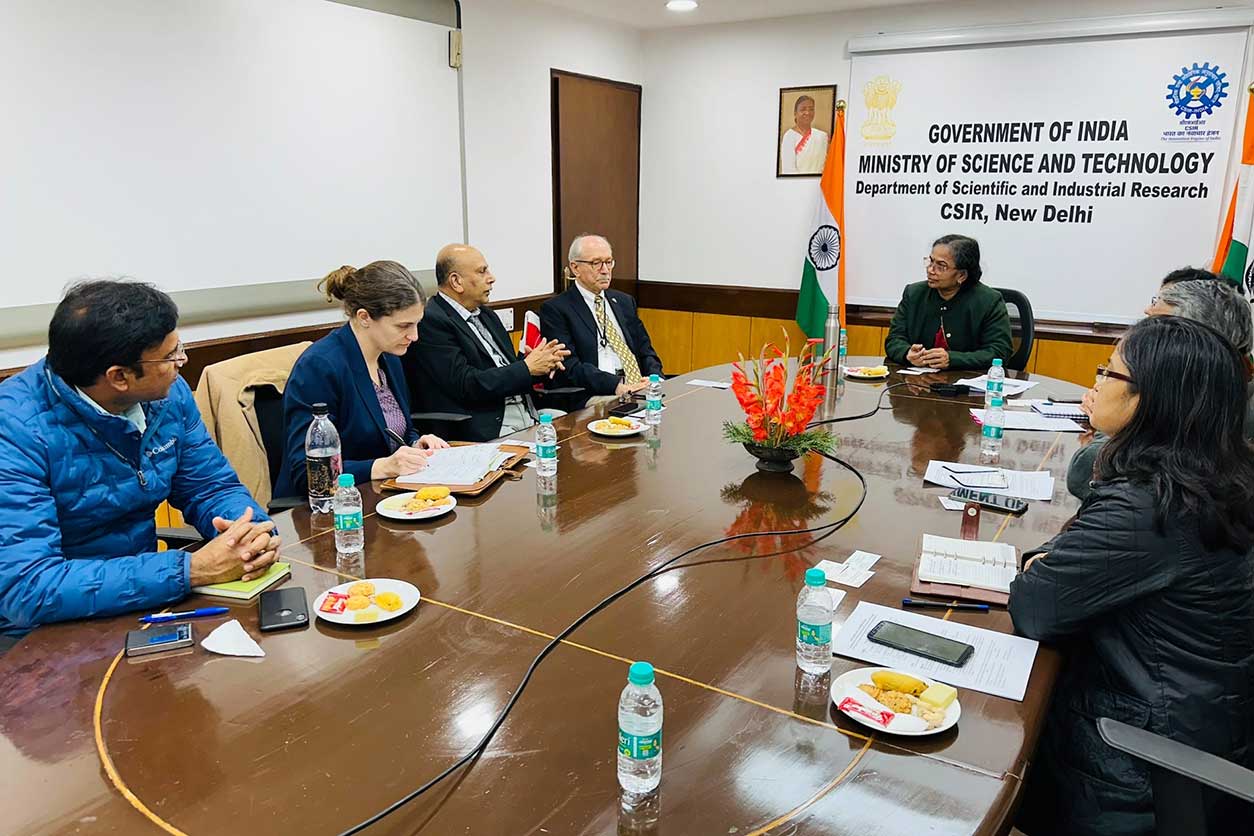
“Exposomics research provides a platform to gather greater detail and resolution of environmental exposures enabling the discovery of unexpected environmental influences on health and disease,” Balshaw explained during the workshop.
Meetings to forge collaborations
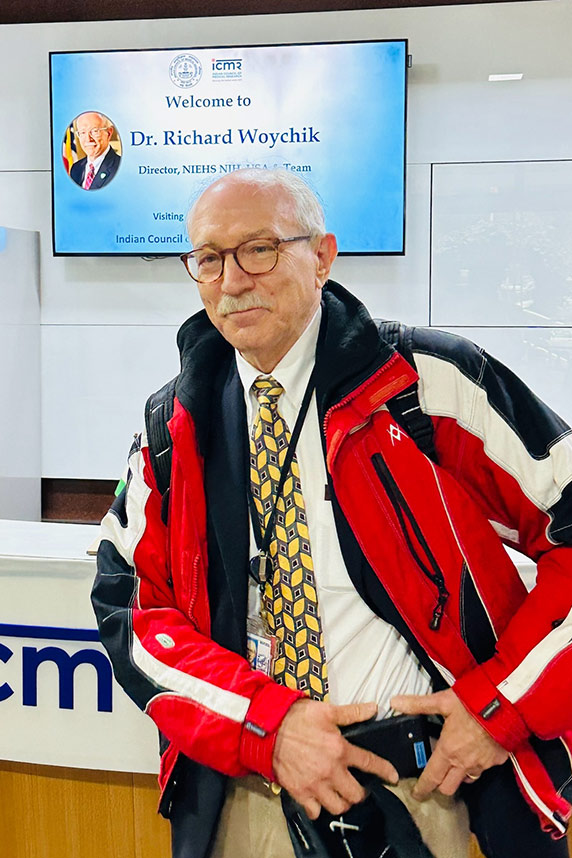
During the visit, Woychik and Nadadur also met with U.S. Ambassador Eric Garcetti and the embassy climate and air pollution strategic planning working groups.
In addition, they met with the Council of Scientific and Industrial Research (CSIR), Indian Council of Medical Research (ICMR), Center for Chronic Disease Control (CCDC), and the GEOHealth HEALS center jointly funded by NIEHS and the Fogarty International Center.
"There is an increased recognition of the importance of environmental health research,” Nadadur said. “These leading Indian federal research and development agencies expressed interest for exchange of expertise and collaboration.”
The Indian researchers are not seeking funding, only collaborative relationships on environmental health sciences studies. Researchers at NIEHS, and the wider National Institutes of Health community, that are interested in collaborating should contact Nadadur.
(Caroline Stetler is Editor-in-Chief of the Environmental Factor, produced monthly by the NIEHS Office of Communications and Public Liaison.)






